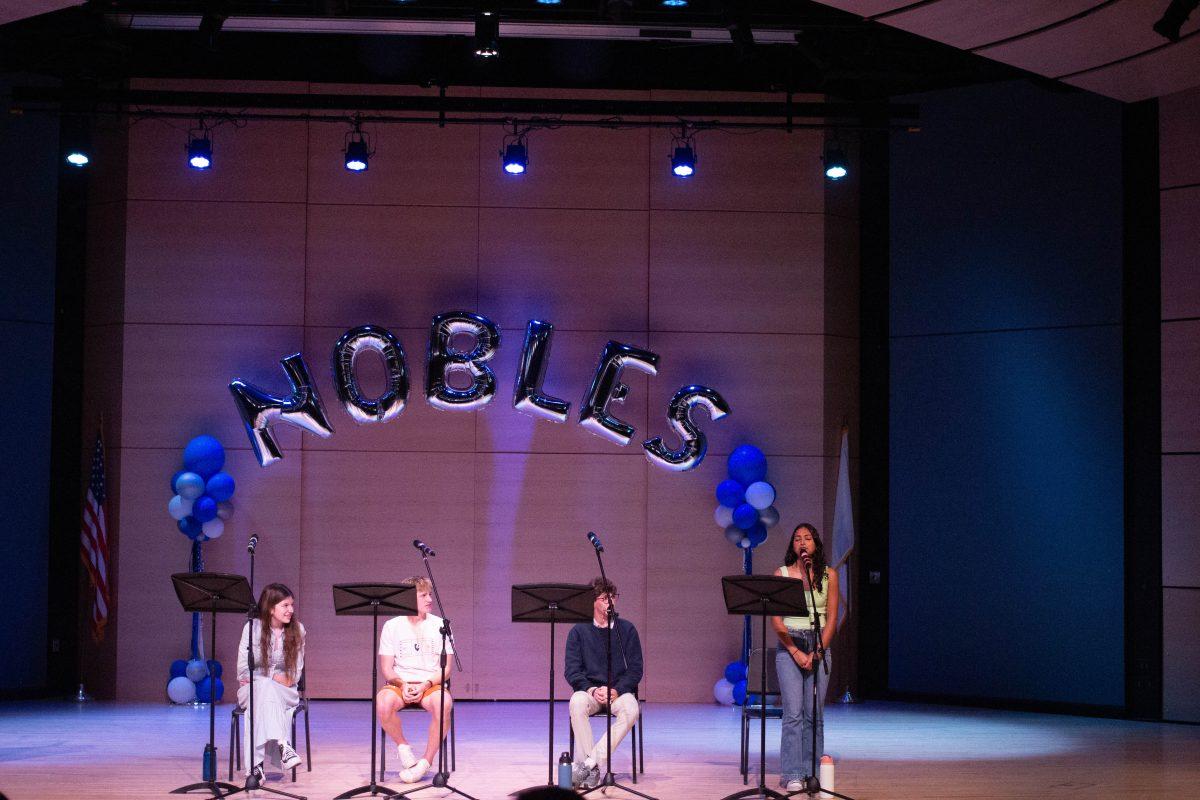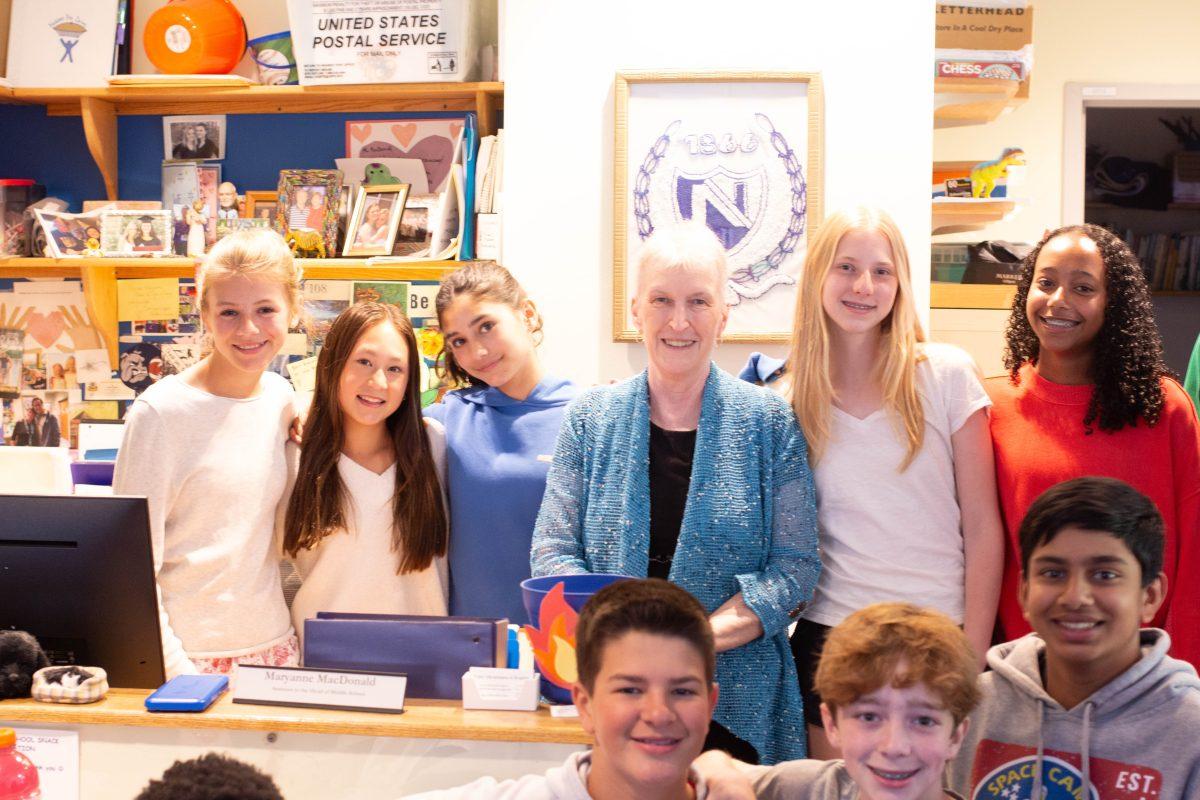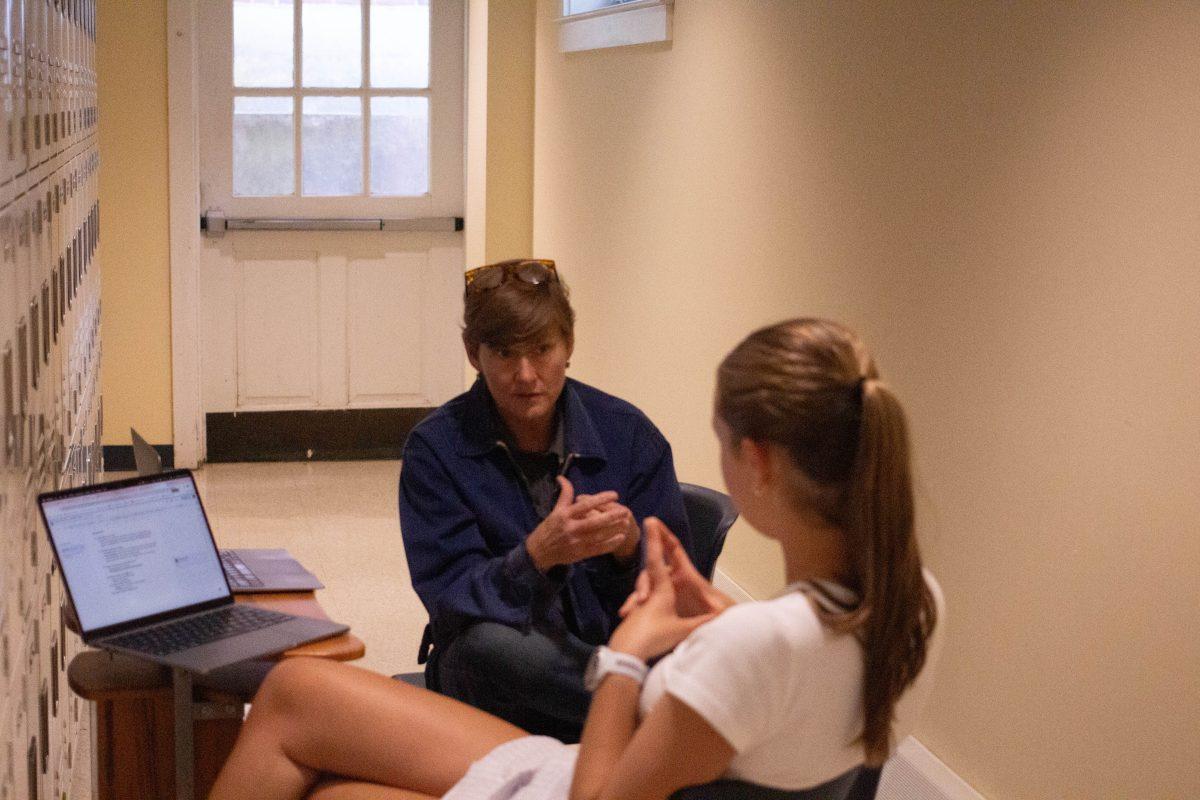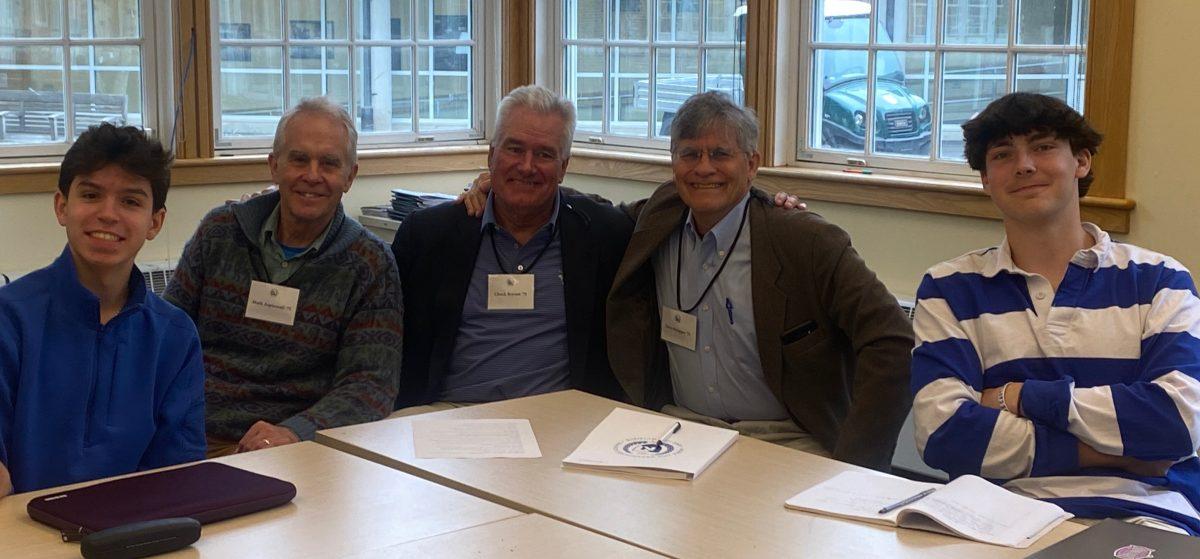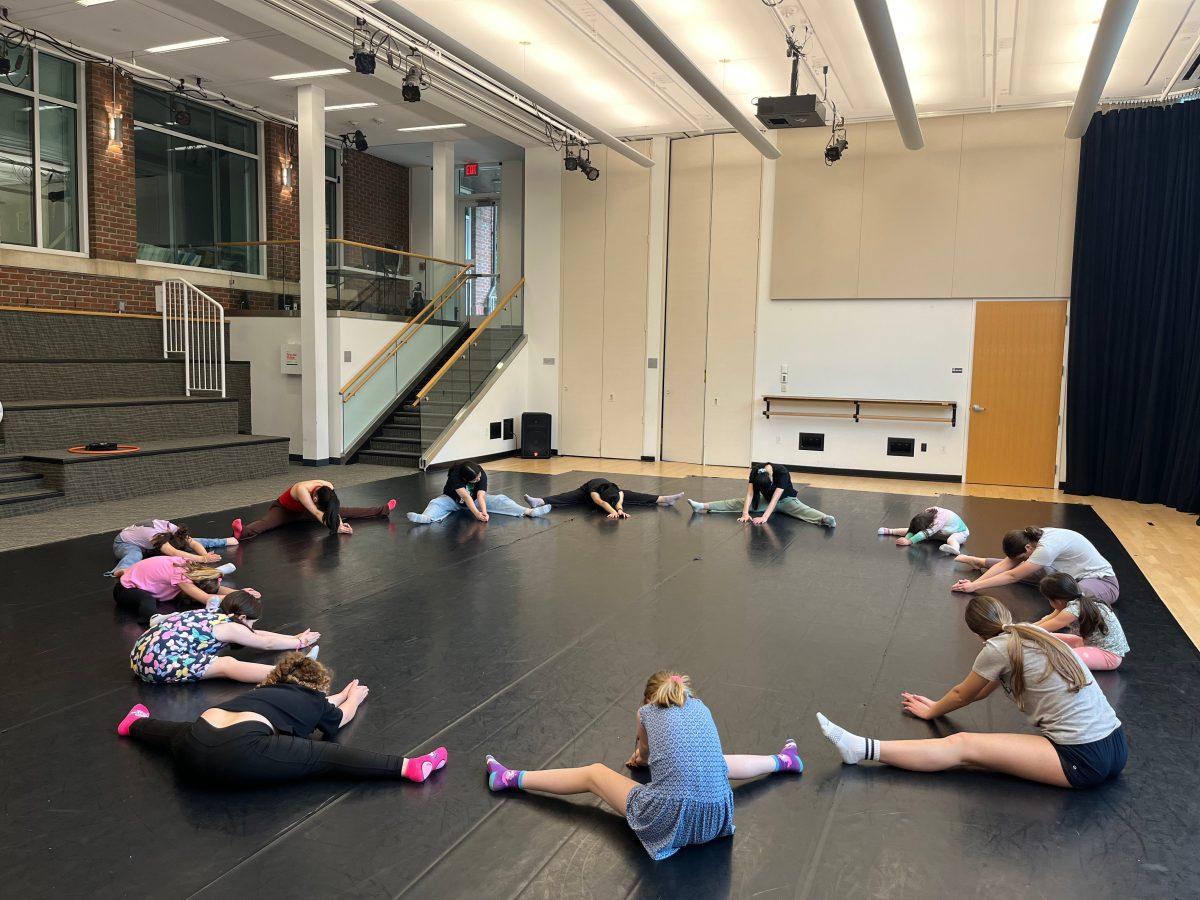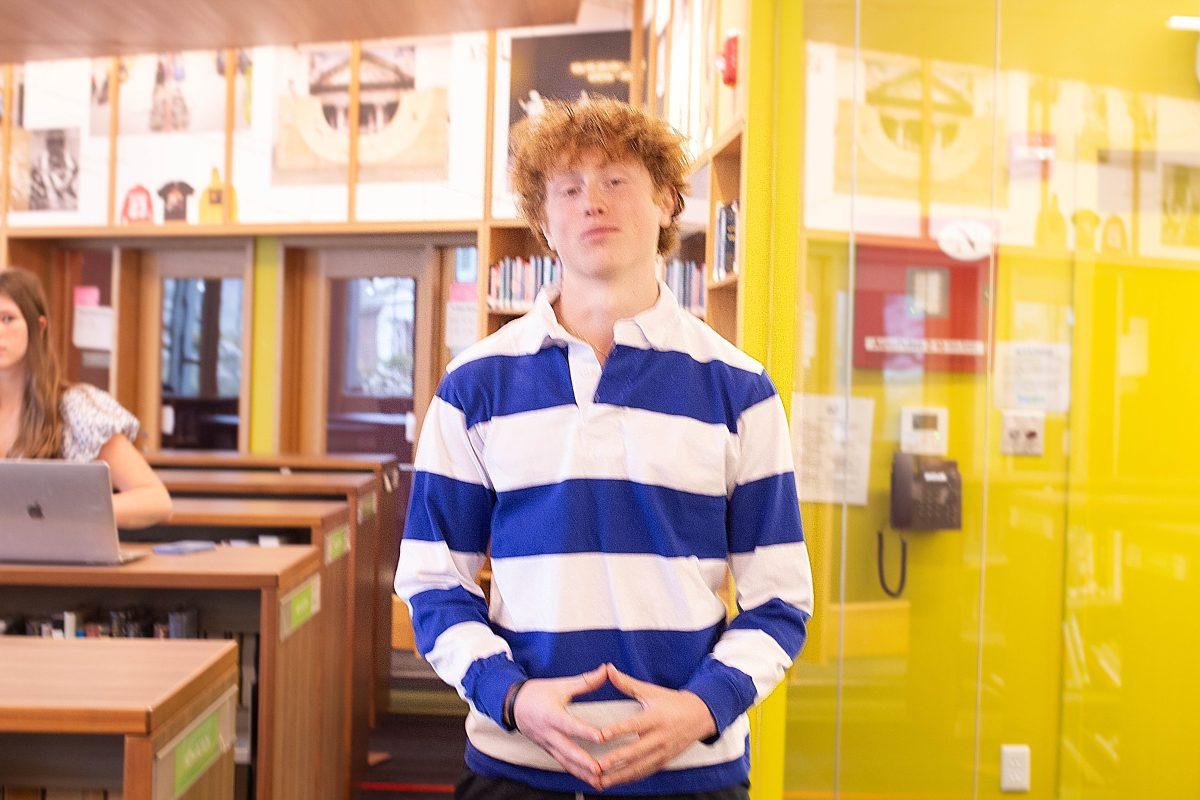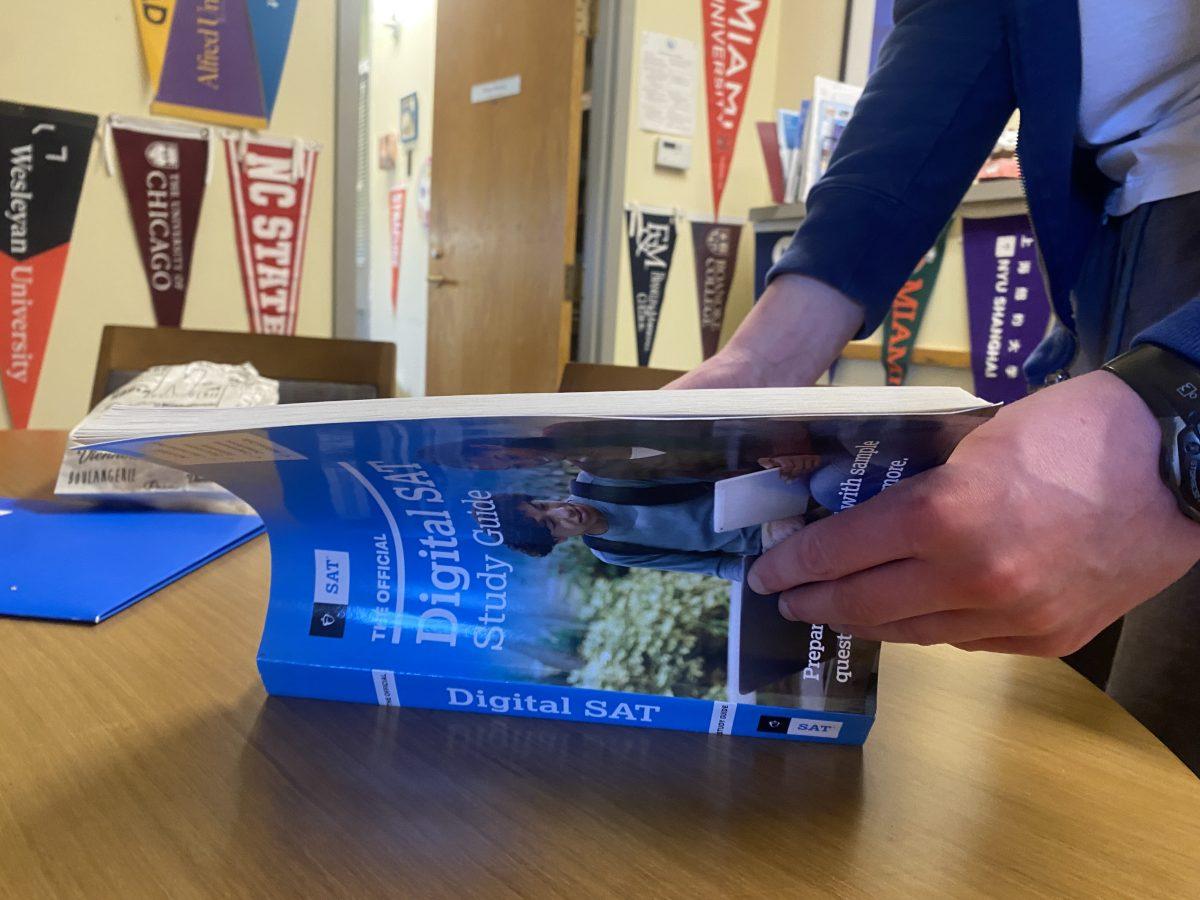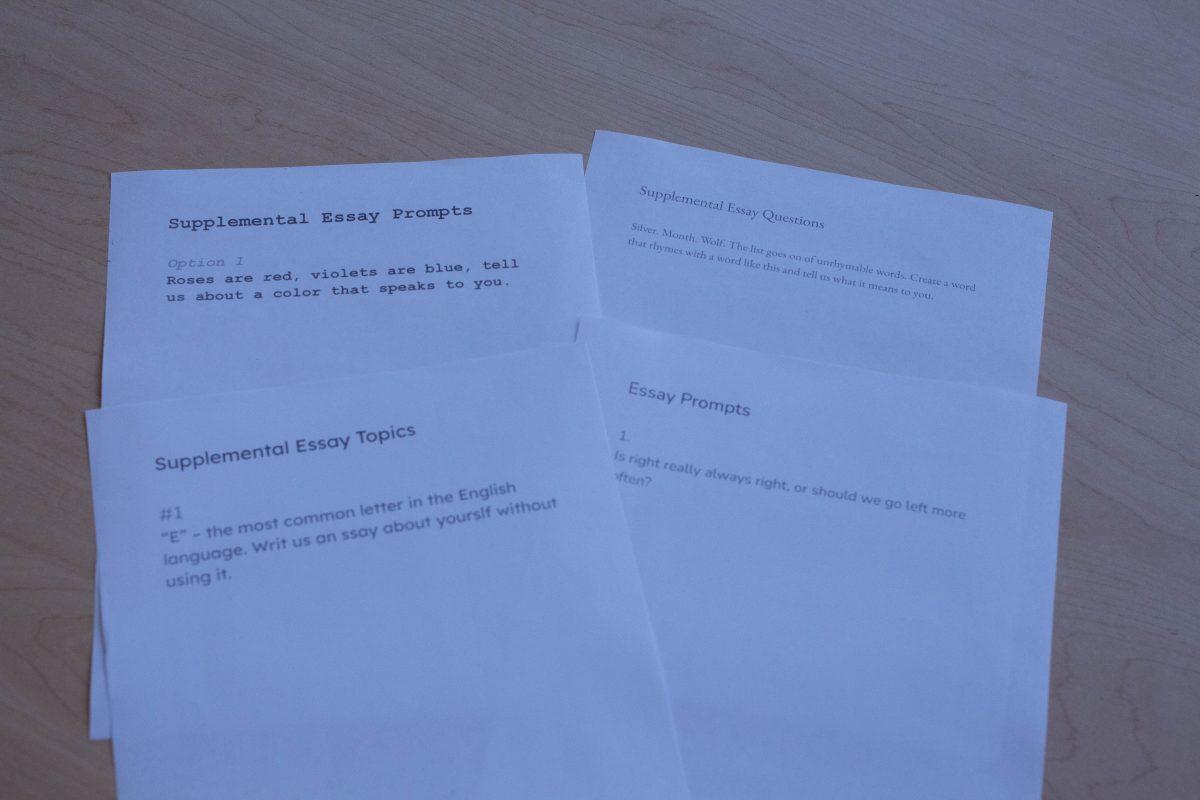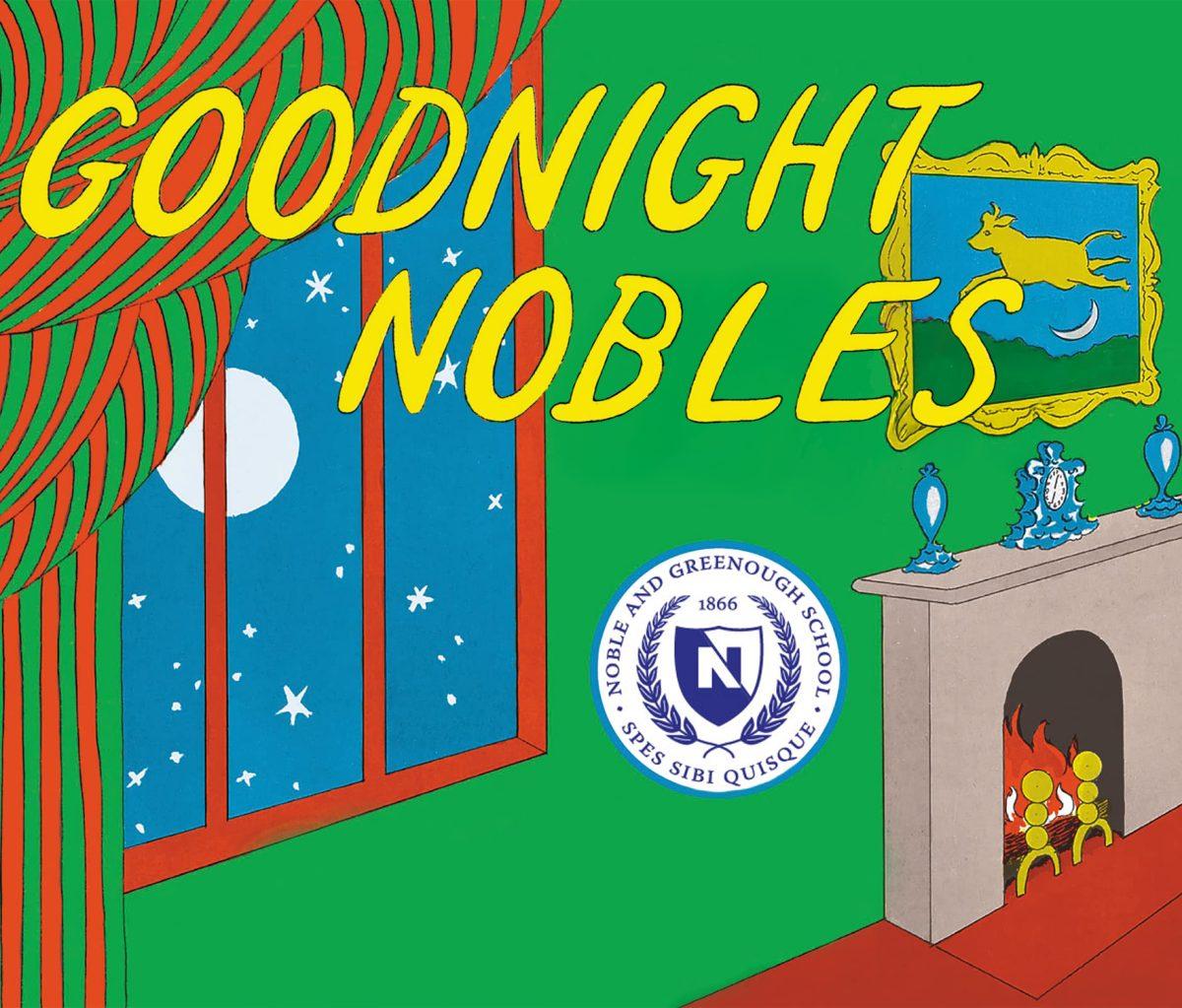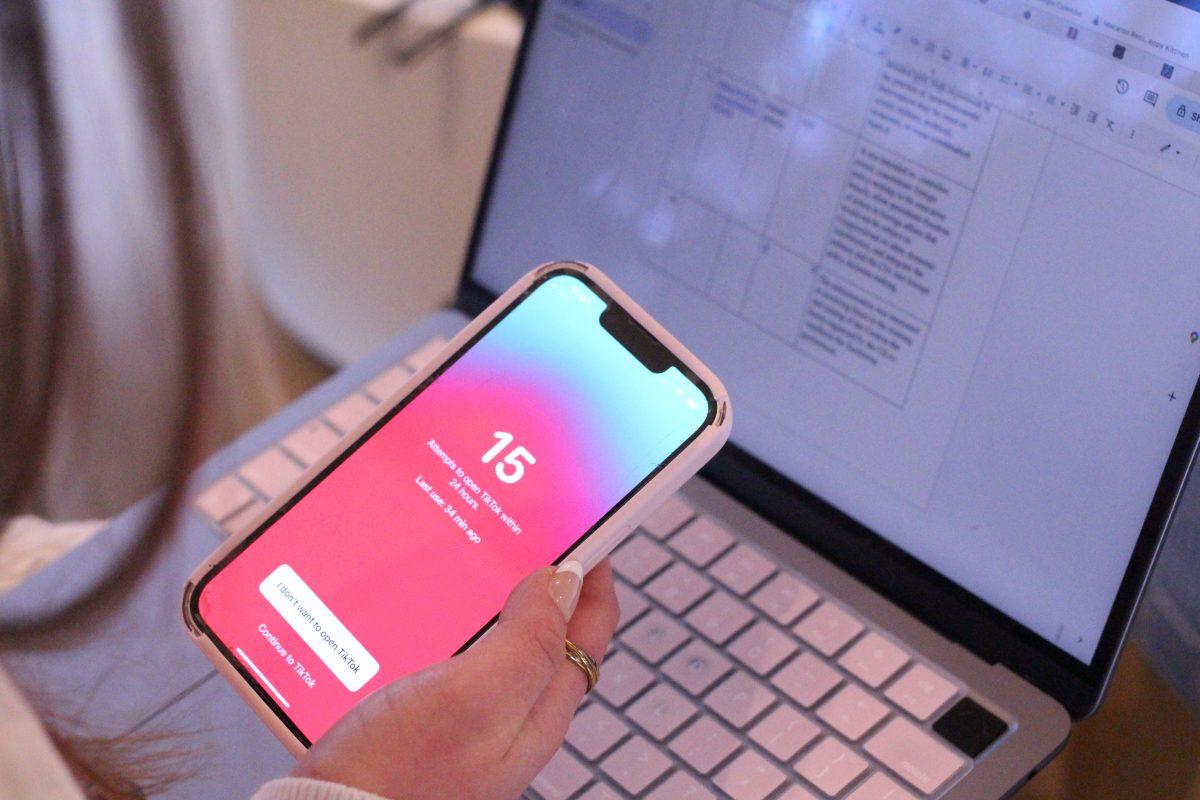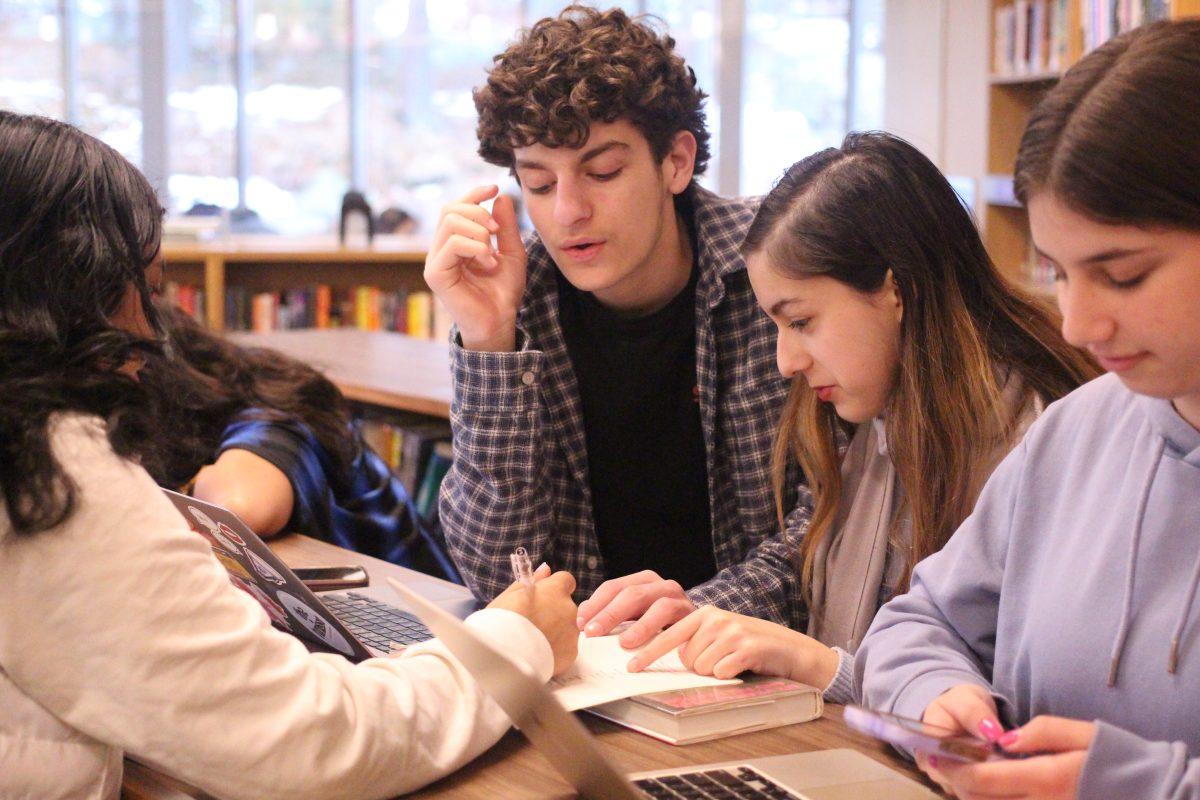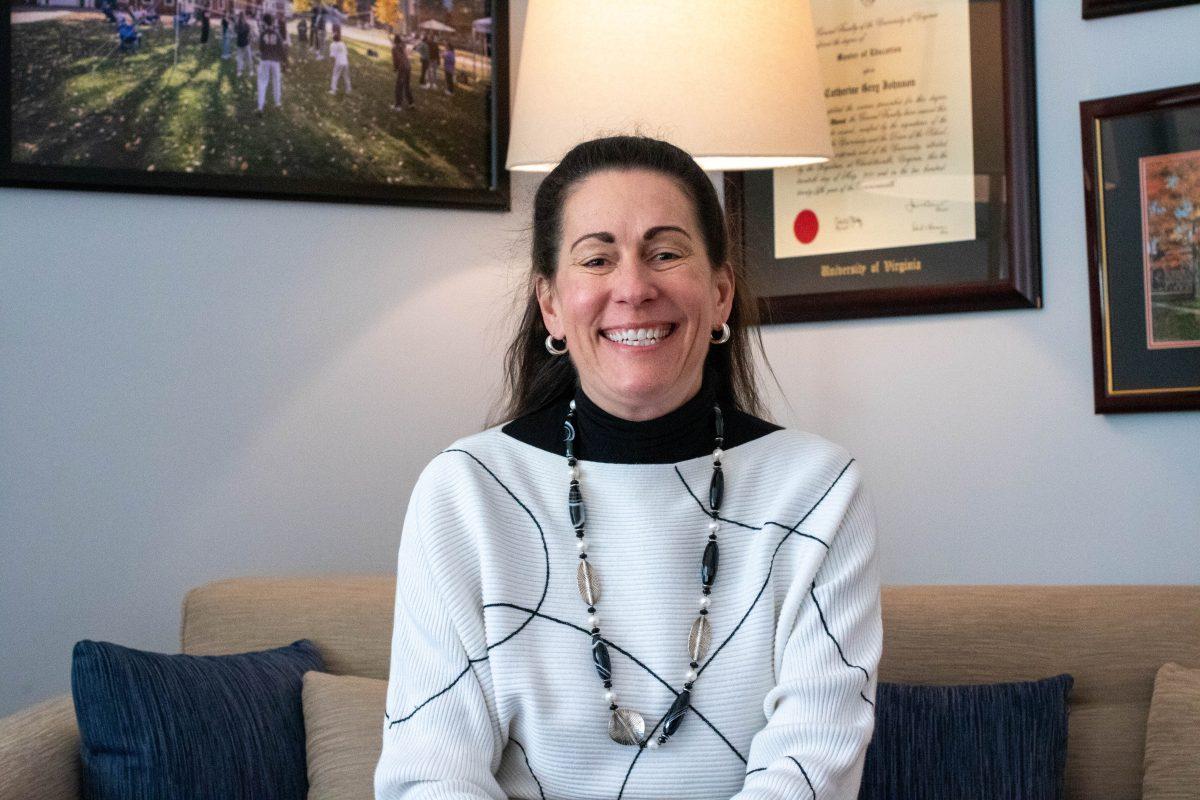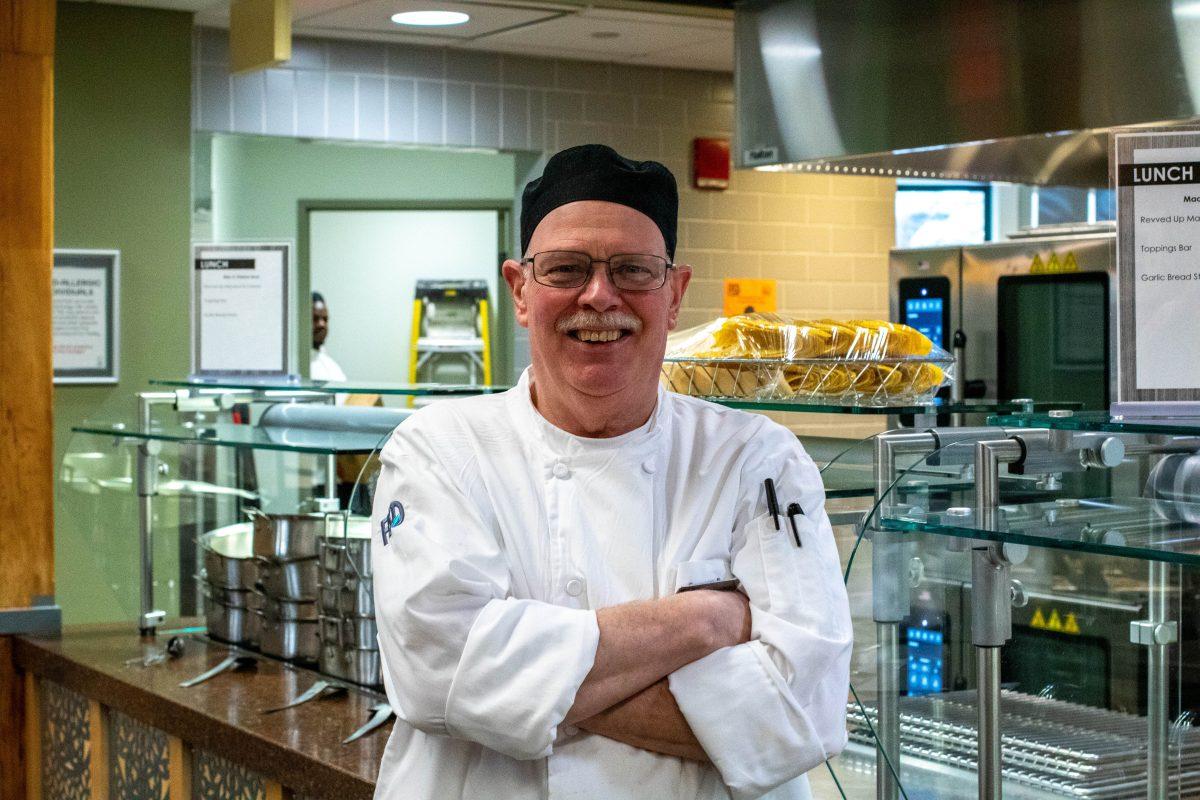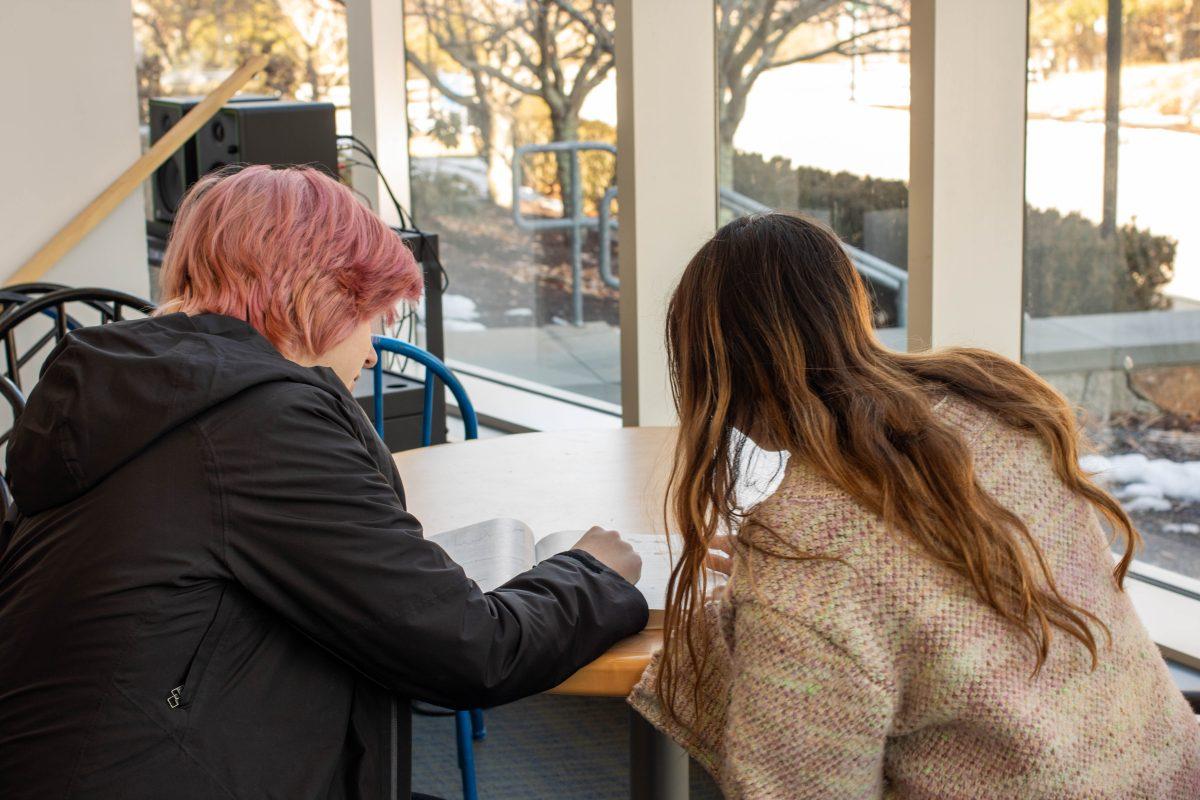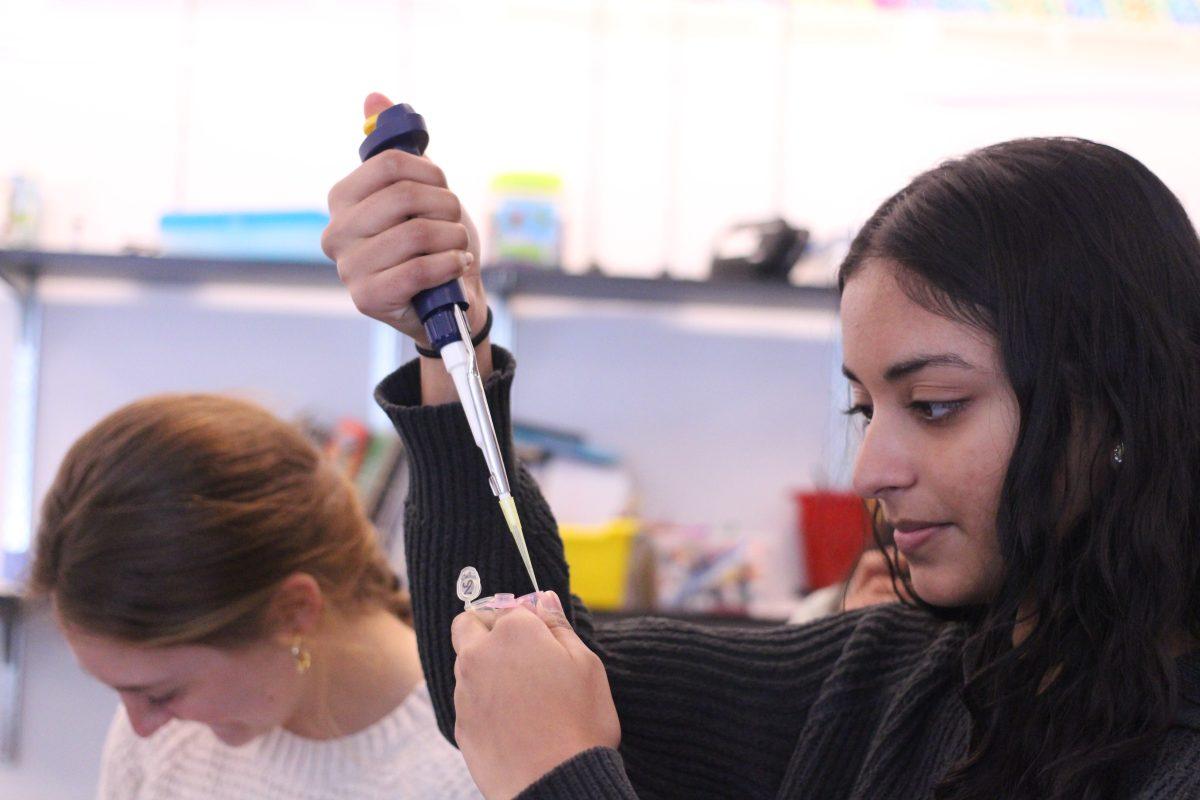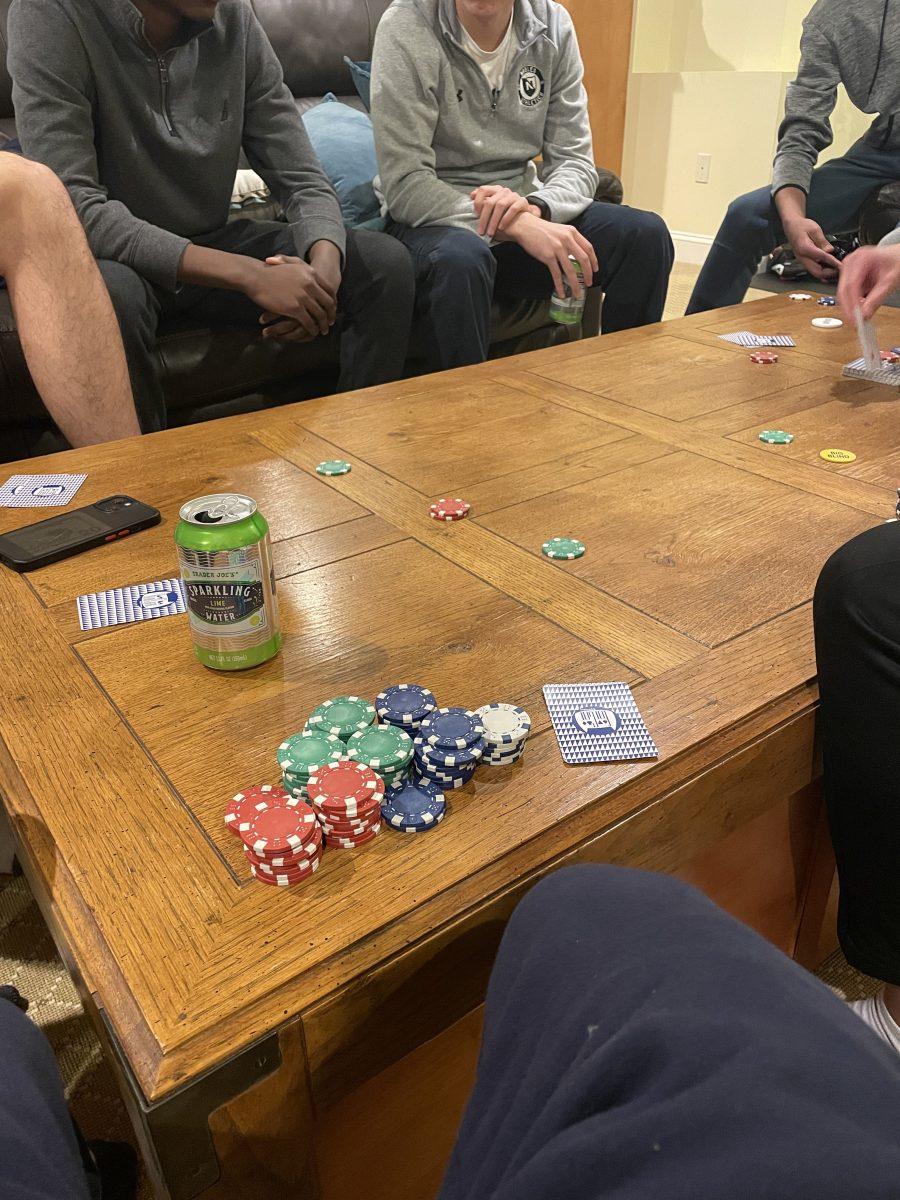It’s a Wednesday morning, your first class is at 9:00 a.m., and you plan to sleep in. However, a quick look at your Google Calendar reveals that you are misinformed: there is a long assembly, featuring another self-help speaker. At times like these, students may feel frustrated. While the messages these speakers provide can be insightful and provoke discussion, there are several ways that self-help assemblies can be improved.
Having too many of these assemblies in a row may detract from the unique messages or methods that each speaker presents. “It’s hard given the general negative feelings around self-help assemblies, but I do think they are nice to have. I would say maybe not having consecutive long assemblies about self-help would help. Darryl Bellamy’s [presentation] was a breath of fresh air because it felt a lot more fun, but it still had meaning underneath,” Yiling Ding (Class III) said.
While assemblies may feel prolonged, speakers often do not go in-depth about the problems that they are addressing, which can make their presentations feel somewhat disingenuous. “Maybe they don’t have enough time, but they always just seem to scrape the surface,” Juli Smith (Class IV) said. It would be useful for students to understand topics such as mental health more deeply rather than simply hearing about superficial quick fixes that don’t truly resolve problems.
“Maybe they don’t have enough time, but they always just seem to scrape the surface.”
Another significant issue with self-help speakers is that they are quickly forgotten. While the messages they impart are often profound, they are sometimes not practical or concrete enough for students to remember and implement into their own lives. “I think [they’re] interesting, and [they’ll] make me think about it for like a week or so, but then after that, I kind of forget about it. It’s a nice thing to do, but I feel like it’s not very lasting,” Ding said.
Long assemblies may also turn students’ brains off, especially since they are also held early in the morning. “Short assemblies could be more effective in retaining attention spans,” Shelley Tang (Class I) said. Hosting speakers during short assemblies may also mean their presentations are more concise and as a result, their messages will be more impactful for the Nobles community.
Additionally, speakers risk sounding too idealistic if they do not provide realistic or practical goals and strategies. “They’re not giving a realistic representation of the process of building a healthy habit, they’re just making it seem like something we should magically be able to do,” Smith said. We are often told that certain habits, such as sleep, are healthy or important, but not how to build these habits as busy Nobles students.
One way to provide these practical strategies is to give students tools, devices, and concrete takeaways. “When they give us tools that we can implement by ourselves each and every day, those are most effective,” Tang said. Some examples of these strategies include the One Sec app, Darryl Bellamy’s bracelets, and Ethan Kross’s book, Shift. These tools are also effective in preventing assembly speakers from being forgotten.
When speaking to a crowd of 600 middle and high schoolers, it is crucial for speakers to include something interactive to engage students. However, engagement must be balanced with the substance of their presentation. “You leave the assembly thinking: that guy was funny, but what did I actually learn?’” Smith said.‘When speaking to a crowd of 600 middle and high schoolers, it is crucial for speakers to include something interactive to engage students. However, engagement must be balanced with the substance of their presentation. “You leave the assembly thinking: ‘That guy was funny, but what did I actually learn?’” Smith said.
“You leave the assembly thinking: ‘That guy was funny, but what did I actually learn?’”
Anecdotes can be one of the most engaging ways to make the presentation fun and to convey a speaker’s message at the same time. It makes it easier for students to visualize and understand what a speaker is trying to get across. “Being able to see what it looks like from the outside, or at least from a different perspective that’s not in your head, helps a lot,” Ding said. Q&A sessions are also beneficial for engagement, as students are often more willing to listen when the voices of their fellow students are involved. Ultimately, different speakers resonate with different people, and not all students will find the messages of each speaker to be helpful. “Some people may prefer those very logical, very practical kinds of things, and other people may prefer something more interactive,” Ding said. While their messages might sometimes feel redundant and repetitive, self-help speakers can also be a catalyst for further discussion within the community. “It’s a good reminder to check in on yourself and your friends and know that you’re not alone,” Smith said.

